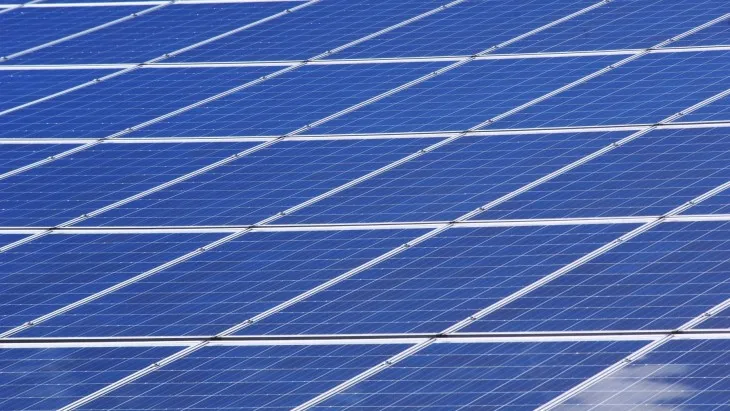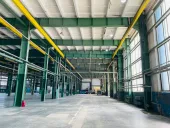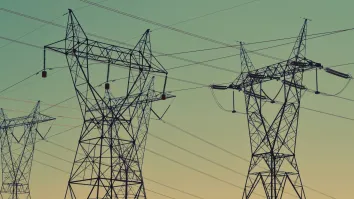
TotalEnergies’ 4th solar plant in Japan goes online
It has a 51-megawatt capacity.
France-based TotalEnergies has started the commercial operations of its fourth solar power plant in Tsu, Mie Prefecture in Japan with a capacity of 51 megawatts (MW).
In a statement, the company said the Haze power plant will supply electricity to Chubu Electric Power Miraiz Co., Inc., a subsidiary of the regional utility firm, through an over 17-year period power purchase agreement.
READ MORE: Solar to see strongest growth in Japan’s power sector
The Haze plant, which was built in two years, sits on a nearly 77-hectare surface that can provide electricity to nearly 20,000 households. TotalEnergies added that it is operated with nearly 100,000 high-efficiency solars that can ensure the “highest performance in mitigated weather conditions.”
TotalEnergies’ first solar plants were the 27MW Nanao Solar Power Plant which started operations in 2017, the 25MW Miyako Solar Power Plant in 2019, and the 52MW Osata Solar Power Plant in 2021.


















 Advertise
Advertise





